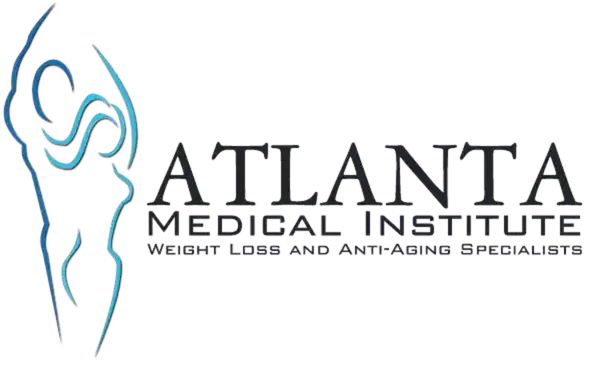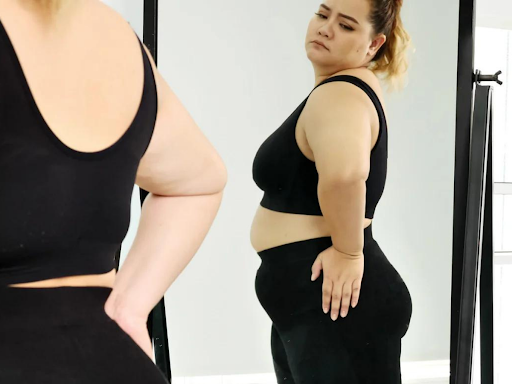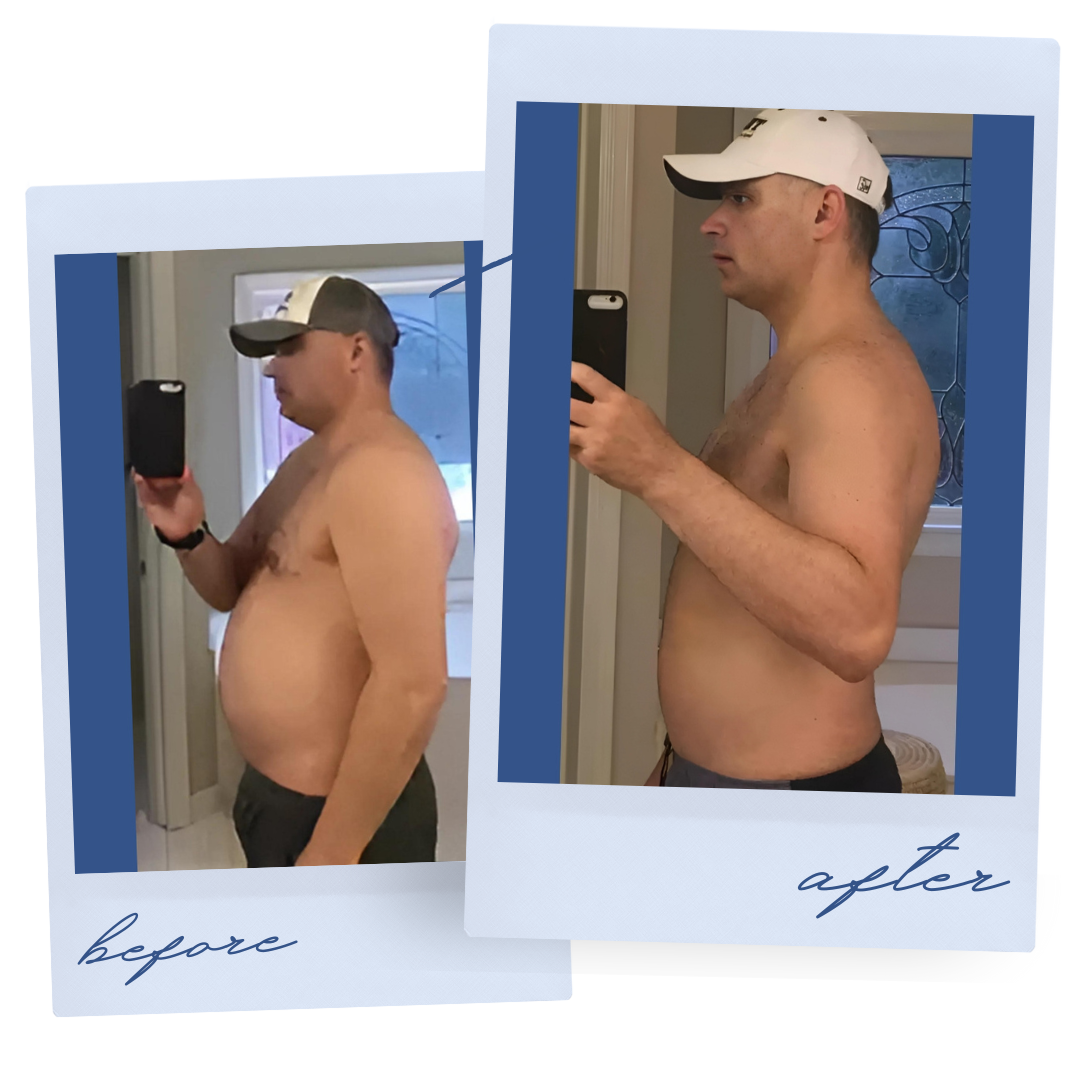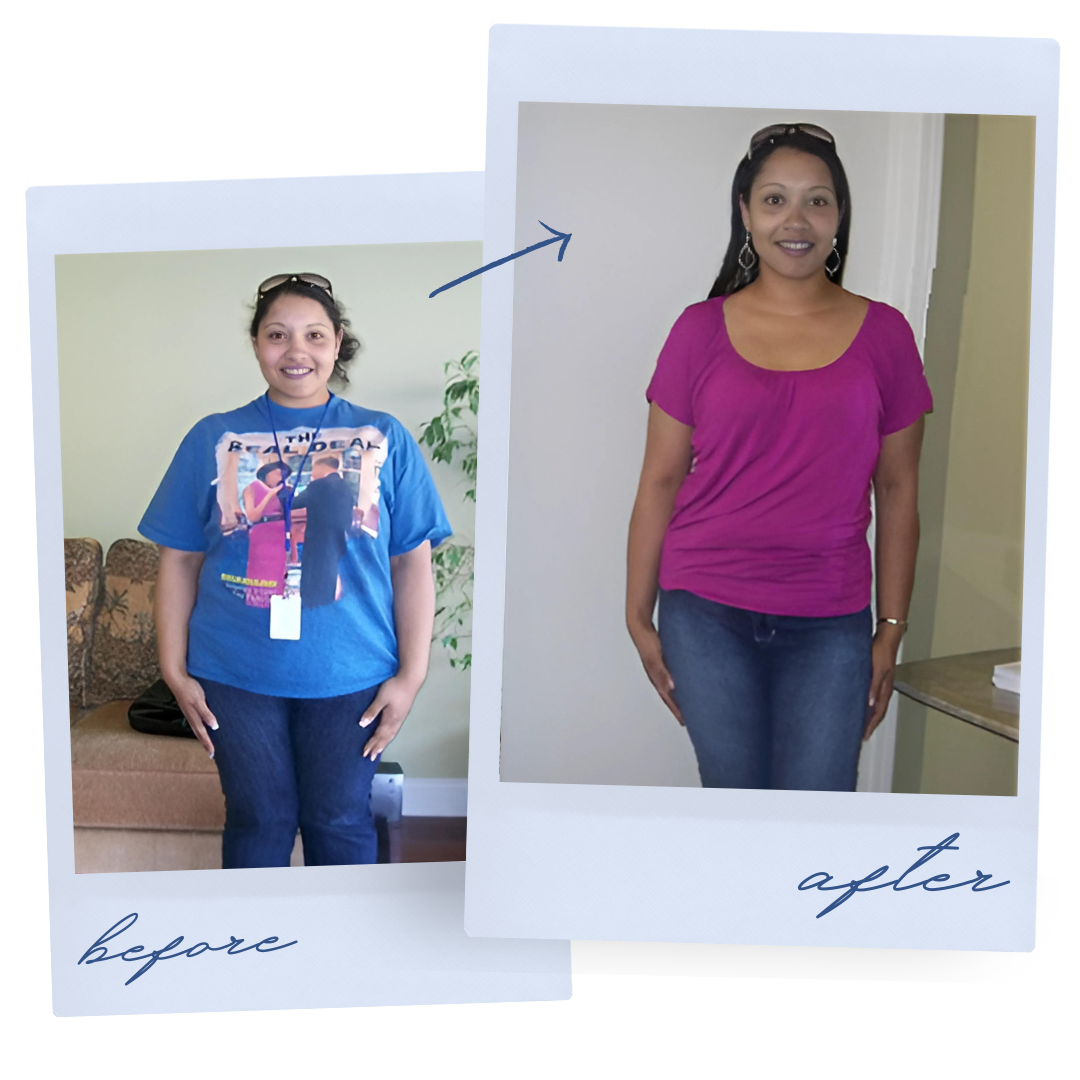Losing weight in your 40s and beyond is hard! Let’s face it – no woman wants to gain weight. But as you age, it seems easier to pack pounds on and harder to take them off. And carrying that extra weight can increase the risk of breast cancer, heart disease, stroke and diabetes.
So why does it take longer for women to lose weight, especially after 40?
Hormones Cause Weight Gain
Women in their late 30’s to 40’s experience weight gain based on their chronological age. Okay, you knew that but listen to this. Women in their 40’s experience a shift in their body composition. Your muscle mass can decrease and your fat mass increase.
Typically, when professionals talk about “changing hormones in older adults,” women have less estrogen and men have less testosterone. This causes a shift in weight and can also cause your body to store fat in new areas.
Your Metabolism
Women tend to be less active as they age due to just being too busy. We definitely move a lot less than we did when we were younger. And some women in their 30s, 40s and 50s have jobs where they are sitting for eight to 10 hours a day.
After 40, your hormone levels (estrogen) drop. This causes your insulin (hormone that helps your body use sugar) rise. Your thyroid levels go down. This combination makes you hungrier. You end up eating more and burning fewer calories. Much of the weight gain occurs around your belly. Eat more foods with fiber (berries, whole grains, nuts) to fill you up and help you eat less. Aim for 25 grams of fiber each day after the age of 40. Other ways to increase your metabolism include:
- Breakfast is the most important meal of the day!
- Exercise
- Drink plenty of cold water.
- Get plenty of sleep
You stopped lifting weights or being as active with sports
This ties into what we talked about being less active. As we age, muscle mass decreases. Here’s why. Exercise is physical stress applied to the body. There are two types of exercise stress that play an instrumental role in reducing the effects of aging: mechanical stress in the form of resistance training and metabolic stress in the form of cardiorespiratory exercise.
High-intensity exercise can provide the mechanical or metabolic stress necessary to stimulate the production of the naturally occurring anabolic steroids. These steroids promote muscle protein synthesis and increase lean muscle mass, both of which help mitigate the effects of the aging process.
What’s all that mean? You have to lift weights AND perform cardio to produce the chemicals that will help reduce weight gain due to aging.
Sleep deprivation
Whether due to the night-waking of young children or hot flashes from the onset of perimenopause, middle-age is when sleep quality goes downhill for many women. Lack of sleep has long been linked to an increased risk of obesity and diabetes, because it’s harder for the body to regulate glucose leading to something called insulin resistance, which can cause weight gain.
Stress
Stress can block fat loss from happening, especially if you’re over 40.
When you get stressed, it raises the stress hormone cortisol in your body. This is called a stress response. This has a number of side effects on you, including increasing cravings and making it harder for the body to burn fat! This could be a key reason you struggle to lose weight in your forties.
As you age, this stress response gets larger, and this increase is 3 times more prominent in women than men. In essence, you can’t get rid of all the stress coming in, such as work pressures, family responsibilities, and looking after the house.
Path to improved wellness
What you eat is even more important as you enter your 40s. Women need protein (meat, fish, dairy, beans, and nuts), carbohydrates (whole grains), fats (healthy oils), vitamins, minerals, and water. These foods have been linked to some disease prevention, such as osteoporosis, high blood pressure, heart disease, diabetes, and certain cancers. The American Academy of Family Physicians supports the development of healthy food supply chains in supplemental nutrition programs so as to broaden the availability of healthy food.
Nutrition
If you haven’t gotten serious about your nutrition by the time you are 40, it’s time to start.
- Choose a variety of vegetables, including dark green, red and orange, beans and peas, starchy and non-starchy.
- Eat a variety of fruits.
- Include grains in your daily diet. Half of your grains should be whole grains.
- Stick to fat-free or low-fat dairy. This includes milk, yogurt, cheese, or fortified soy products.
- Have protein at every meal. Healthy protein includes lean meat (chicken), seafood, eggs, beans and peas, nuts, seeds, and soy products.
- Use healthy oils, such as olive oil.
Additionally, women should consume:
- Less than 10% of your daily calories from added sugars (desserts and processed foods)
- Less than 10% of daily calories from saturated fats (red meat, high-fat dairy)
- Less than 2,300 milligrams (mg) per day of sodium
- Not more than one drink per day of alcohol
- Calcium, dietary fiber, potassium, vitamin A and vitamin C
Exercise Consistently
To maintain muscle mass, mobility and overall functionality, keep incorporating movement and different types of exercises into your daily routine.
As you age, you might find it harder to do high-intensity workouts, but things like brisk walking, jogging, using an elliptical, weight training, swimming and cycling are still great options.
Ideally aim for a mix of aerobic and resistance-training exercises each day. This combination is beneficial for muscle growth, plus your heart, metabolism, brain and immune system.
In addition to exercising, try to limit the amount of time that you’re sedentary each day, such as watching TV, sitting while using a computer, etc.
Build more movement into your day by walking around, taking the stairs, doing housework and so on.
Things to consider
After 40, most women gain belly fat. Belly fat has been linked to diseases such as diabetes, heart disease, dementia, and certain cancers. If you have any of these conditions in your 40s, follow your doctor’s advice for nutrition.
If you’re located in Atlanta, GA., or it’s surrounding areas, Atlanta Medical Institute offers customized weight loss programs that are personalized to you!
Everybody is different, and everybody has different weight loss goals that they want to achieve. At AMI we help make the best weight loss plan that suits YOU! Work one on one with our physicians, nutrition coaches and weight loss experts and get the results YOU want. To schedule your FREE consultation just click here.




